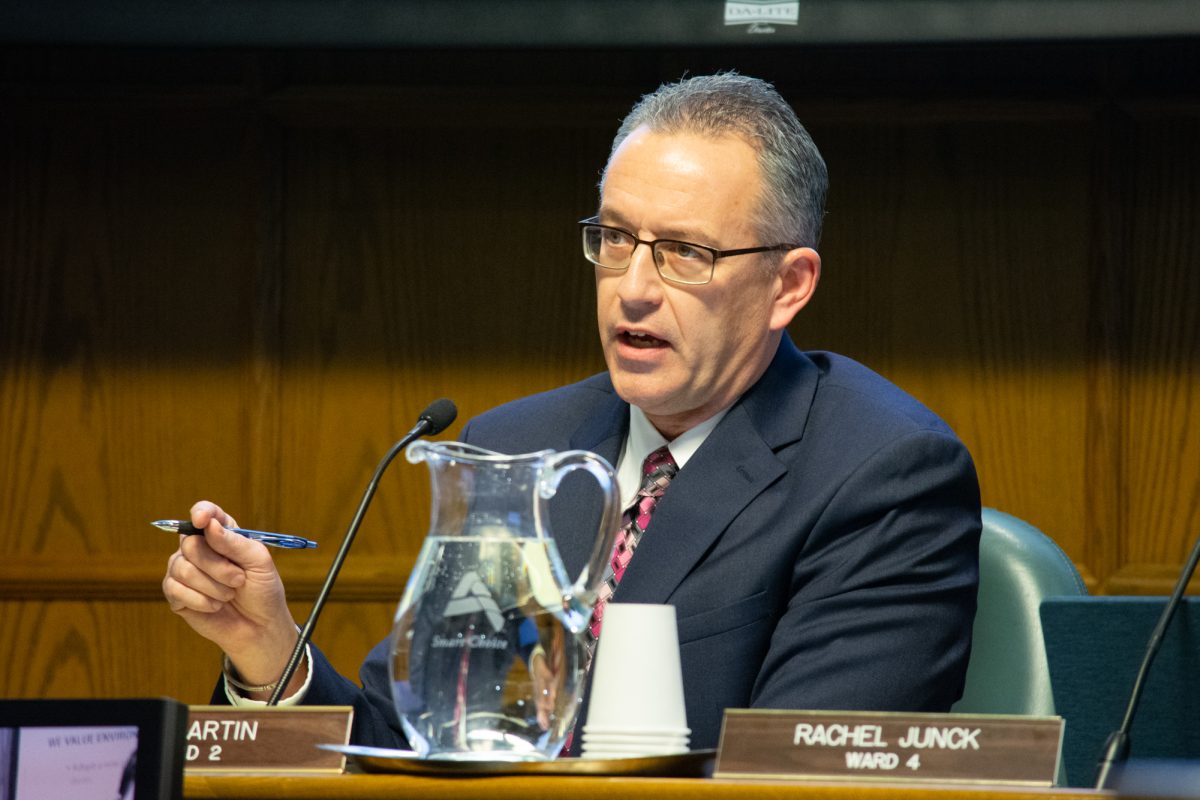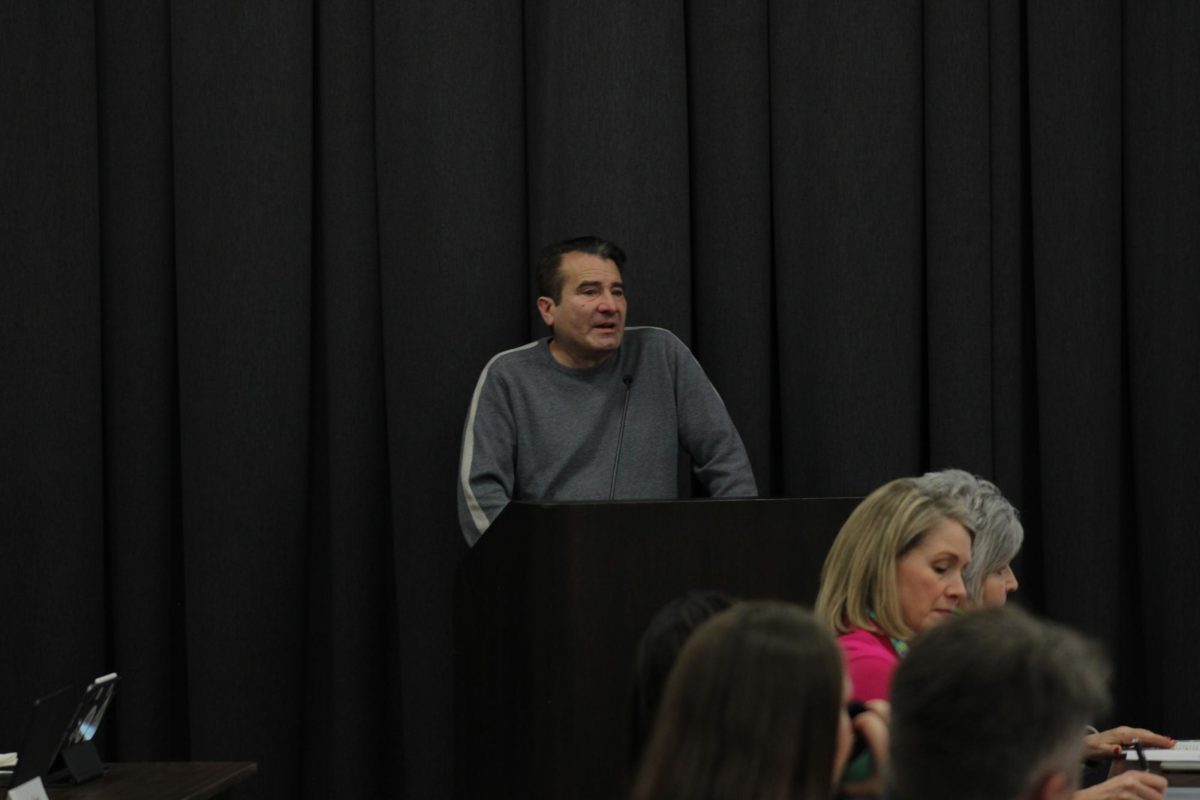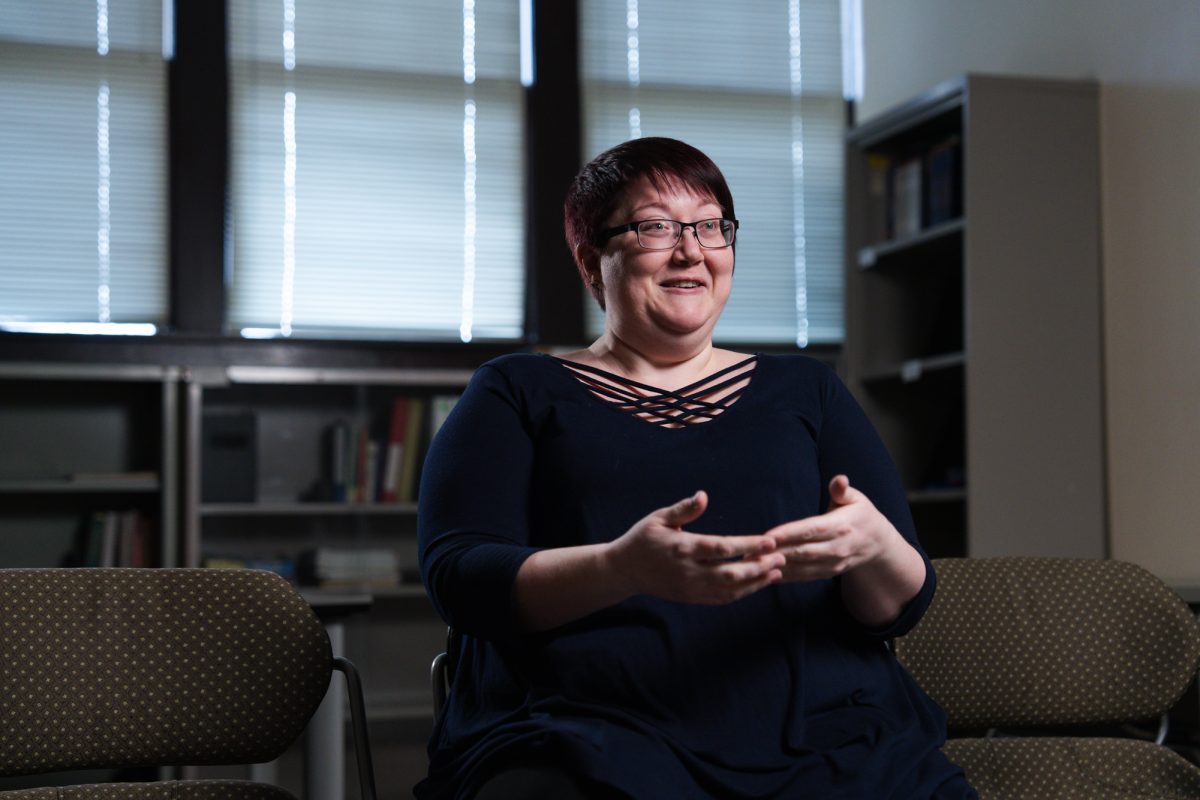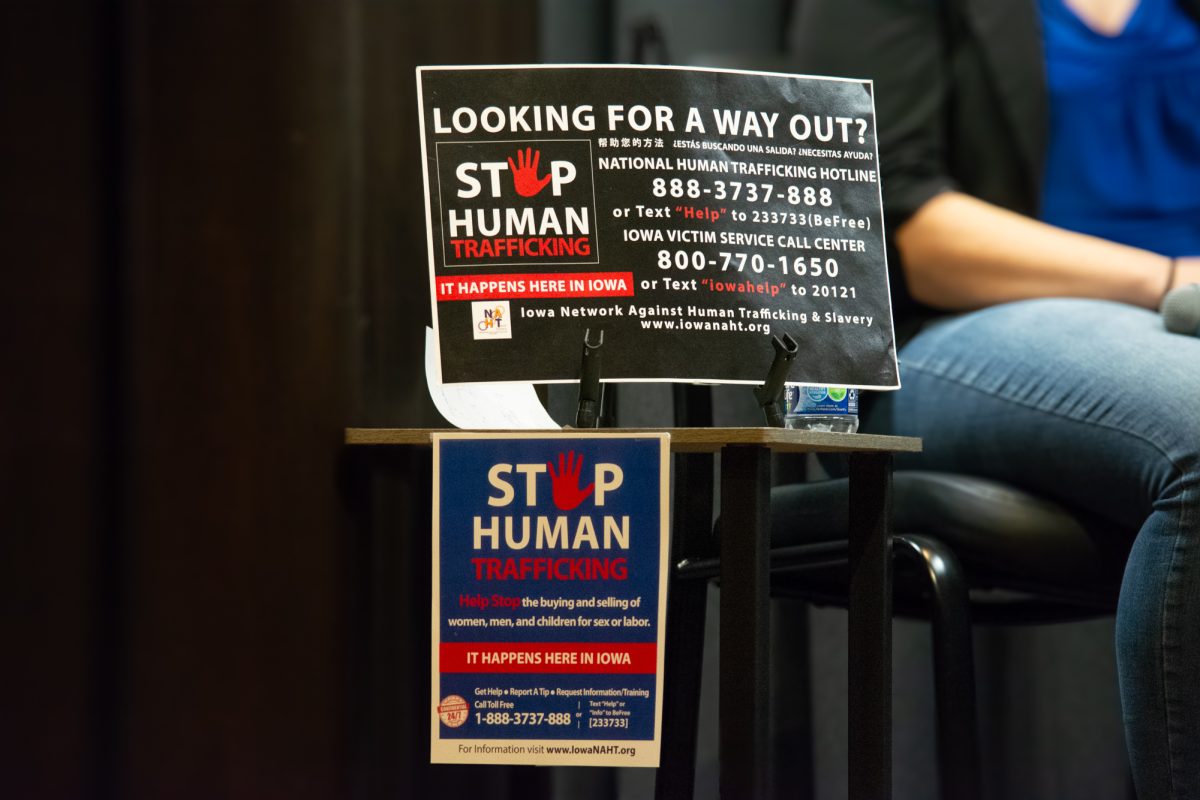Letter: Sexual assault is not political
March 12, 2015
Robert Dunn’s letter, “A different view of campus sexual assaults,” published Feb. 5, and Katie Pavlich’s talk are detrimental to the cause of reducing sexual assaults in the college community.
Mr. Dunn mentioned the “1 in 5” statistic as biased and cited a Department of Justice statistic as more accurate. What Mr. Dunn failed to mention was that the 1 in 5 number itself is a Department of Justice statistic from the Campus Sexual Assault study. The full study is freely available to the public and I encourage everyone, including Mr. Dunn, to read it for themselves before judging its accuracy.
Quibbling over statistics and arguing that women should be allowed to carry guns on campus also betrays some commonly held misconceptions about the nature of sexual assault. Chief among these misconceptions is the idea that assaults are perpetrated by a so-called “stranger in the bushes.”
While stranger assaults do happen, the overwhelming majority of cases involve an attacker who is known to the victim. This is also backed up by statistics: a 2005 study performed by the Department of Justice found that the attacker was known to the victim in 73 percent of cases. Statistically, the people who women are most likely to have to fend off are friends (38 percent), intimate partners (28 percent) and relatives (7 percent). In light of these statistics, adding guns to the equation seems unlikely to help reduce attacks. If you were assaulted by a friend, a significant other or a relative, how likely would it be that you shoot them?
Department of Justice statistics also indicate that college age women who aren’t enrolled in college may be at greater risk for sexual assault than women who are. So sexual assault isn’t just a college problem, it’s a cultural problem and shouldn’t be framed as a political issue with conservative and liberal “perspectives.”
Lastly, I would pose a question:
Even if the statistics are all completely wrong, who is hurt by the “It’s on Us” campaign and the shift to an affirmative consent policy (i.e., “Get a Yes”)?
I think the answer is nobody, so I guess I’m a radical feminist.






